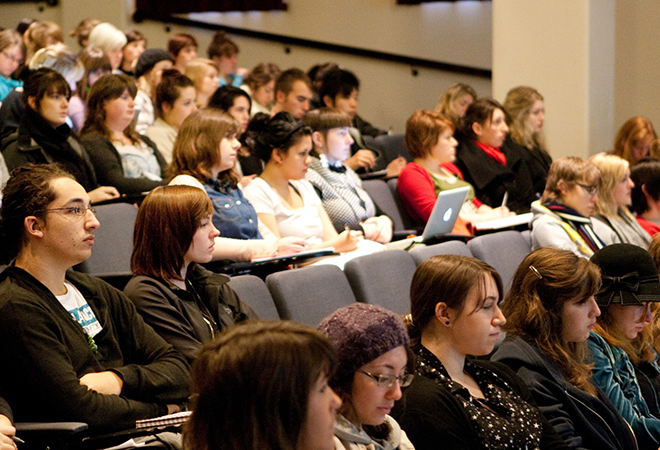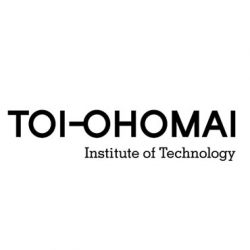
Where have all the young men gone?
Status
Completed: 10 February 2009
Project Details
A project completed in 2009, undertaken by Waiariki Institute of Technology, to investigate the reasons why there is a relatively low proportion of males, compared with females, enrolled in Business programmes within the School of Business and Tourism (BTO) at Waiariki Institute of Technology.
Aims:
The main aims of the project were to:
- examine male views on tertiary study, barriers to study and motivations operating for them in the Rotorua and other Waiariki Institute of Technology areas
- suggest possible actions/responses that may increase both the number and proportion of males studying Business programmes within the BTO.
Methodology:
The project methodology involved:
- a review of the literature
- an environmental scan of Waiariki enrolments
- a questionnaire survey of non-degree holding male employees in supervisory, junior and middle-management positions, from businesses employing 5 or more staff in the Rotorua urban area.
Team

Mark Pearce
Project Leader
Waiariki Institute of Technology (now Toi Ohomai Institute of Technology )
Ananda Wickramasinghe
Waiariki Institute of Technology
Cecile Hoods
Waiariki Institute of Technology
Gordon Acres
Waiariki Institute of Technology
Dr Chris Asby
Waiariki Institute of Technology
Brent Wyatt
Waiariki Institute of TechnologyStatus
Funding
$7,390.00 (excl GST)
Key Findings
The key findings of this pilot study included:
- Most of the respondents had no tertiary qualification but were nevertheless employed in a management role.
- All respondents were in fulltime employment and fulfilled a variety of roles, from shop floor to management positions, with one respondent, with no formal qualifications, holding the position of a Director. The average time spent with an employer is 0-5 years, with one respondent spending 16-20 years with one employer. Part of the criteria of the interviews were that all companies had to be Rotorua based, so there are no companies represented that are outside the Rotorua region.
- Although there was a high proportion of respondents with the capability to have gone on to tertiary study post-secondary school, with the necessary UE, sixth form or other school certificates, very few had a tertiary qualification. This is indicative of a regional trend which has been observed and reported across the Waiariki rohe from analysis of census 2006 data (Waiariki 2007-8).
- Most respondents worked on average 40 hours per week and indicated lack of time as the single most important barrier to completing tertiary study, followed by financial commitments. Study interests ranged from business studies, music, arts to early childhood.
- In addition, this research adds to the body of knowledge available to Waiariki planners, in the wider context of New Zealand, relating to impacts of gender on enrolment in and study of business subjects. Furthermore, to definitely impact upon Waiariki’s objectives of positively impacting upon the economic and social well-being of its communities, as part of its commitment to government policy, embedded in its Investment Plan 2008-2010.
Key Recommendations
The key recommendation from the project concerned future research:
Future research | The research could be extended to cover other major centres including Tokoroa, Whakatane, and Taupo. Also, the survey questionnaire could be extended to cover females in the regions. This would lead to a bigger sample and statistically significant tests could be used to analyse the data.
A research report prepared by Cecile Hoods, Mark Pearce and Ananda Wickramasinghe.
(PDF, 533 KB, 12-pages).
- 17 February 2009